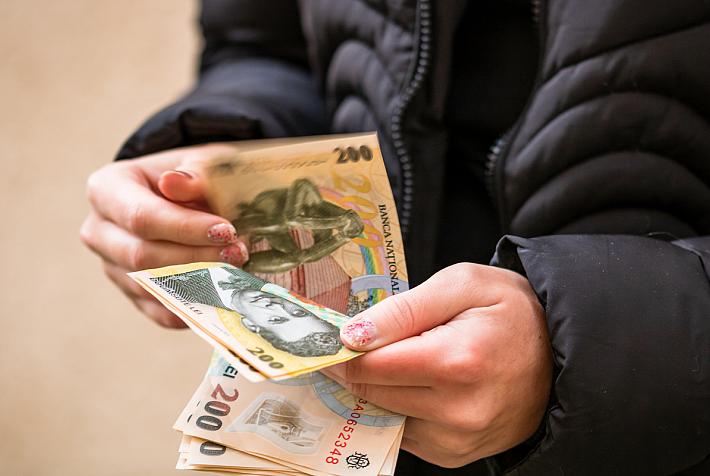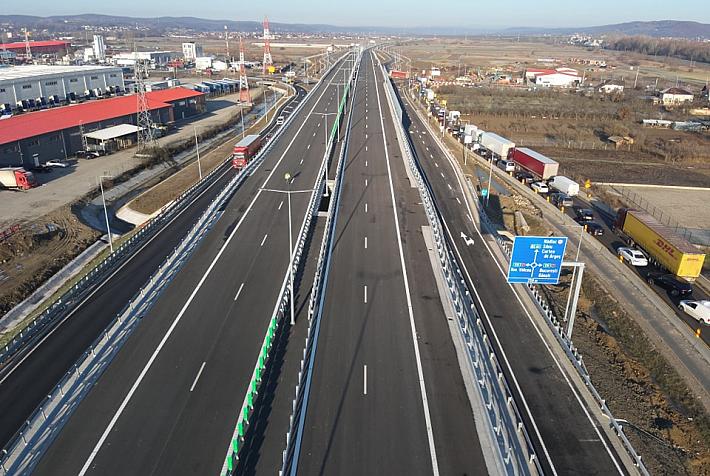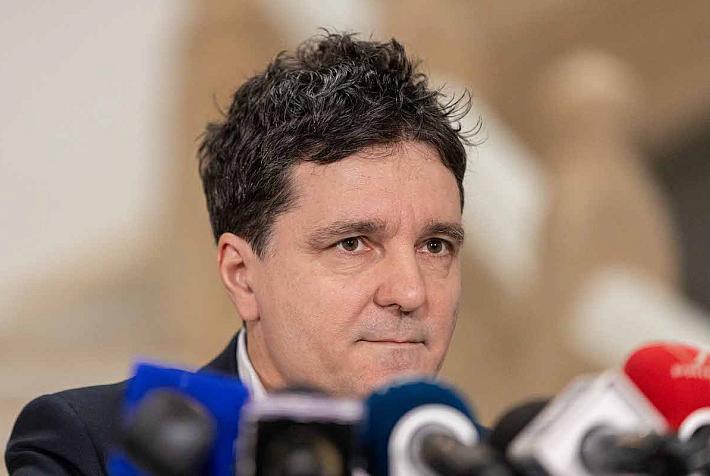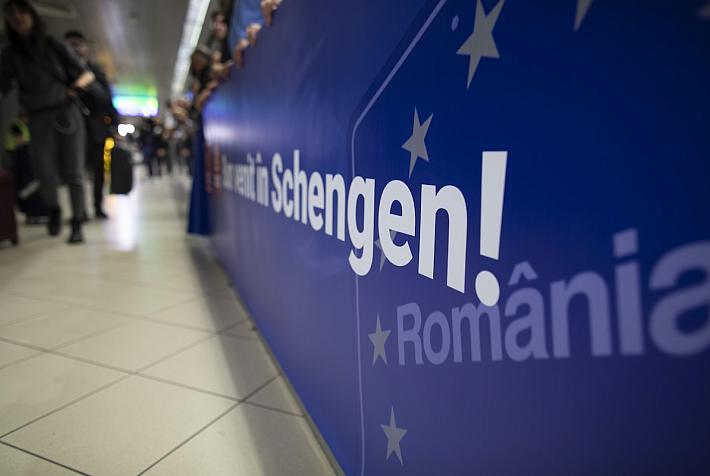Romania’s PM to name new justice minister next week, EC First VP asks Govt. for more transparency
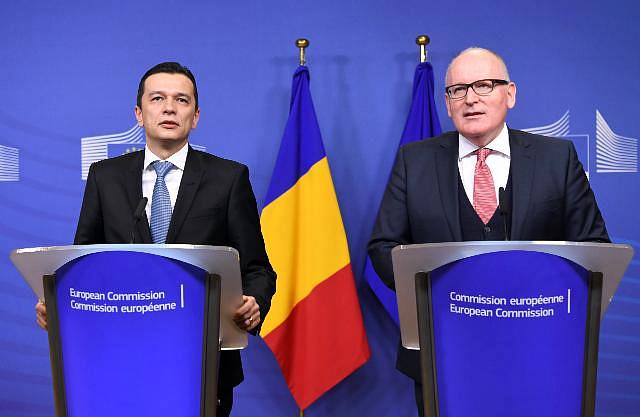
Romania’s Prime Minister Sorin Grindeanu announced on Thursday that he would most likely propose a person to run the Justice Ministry next week, and that this person may be someone that is not part of the ruling coalition, “an apolitical person.”
Grindeanu made the announcement during a join press conference with Frans Timmermans, the First Vice-President of the European Commission. Timmermans, who took a firm stand related to the Romanian Government's decision to change the Criminal Law, said that the cabinet should be more transparent with such initiatives.
The Romanian Prime Minister and foreign affairs minister Teodor Melescanu were in Brussels for an official visit.
“I want to say that I am thinking very seriously to propose a person that is not involved politically. I had talks with several people who have, at this time, a professional background beyond dispute, who have done and shown very much in this field. The meetings with such people, which I consider eligible, will continue in the coming days, even in the weekend,” Grindeanu said.
He previously said that he considered naming a technocrat as justice minister, even before the resignation of former minister Florin Iordache.
Iordache resigned on February 9, following massive protests organized in Romania against the emergency ordinance to change the Criminal Law, which partly decriminalized corruption offences such as abuse of office. Ana Birchall, the minister delegate for European Affairs, took over as interim justice minister.
Florin Iordache is the one who supported and announced the adoption of the criminal law changes, after a late cabinet meeting on January 31. The emergency ordinance to change the Criminal Code led to the biggest protests Romania has seen in years. Some of Romania's most important international partners, including the European Commission, asked the Government to reconsider the ordinance. The Sorin Grindeanu cabinet repealed the ordinance on February 5.
Frans Timmermans, the First Vice-President of the European Commission, said on Thursday in Brussels that he welcomed the decision of the Romanian Government to repeal the emergency ordinance no.13 which changed the country’s Criminal Code. Timmermans also recommended more transparency to the Romanian Government in the decision-making process.
He explained that the Mechanism for Cooperation and Verification would be lifted when Romania’s result in fighting corruption and justice reform are inevitable. “If arrangements are made with transparency, the European Commission can be confident that the steps taken lead to the desired results, and the fight against corruption remains at the same intensity,” Timmermans said.
Romanian Prime Minister Sorin Grindeanu said that he wished the Mechanism for Cooperation and Verification would be lifted by 2019. The Prime Minister added that “it is wanted to reach a situation of irreversibility” and Romanian citizens to be certain that their country “is no longer in the danger of corruption”.
Irina Popescu, irina.popescu@romania-insider.com
(Photo source: Gov.ro)







